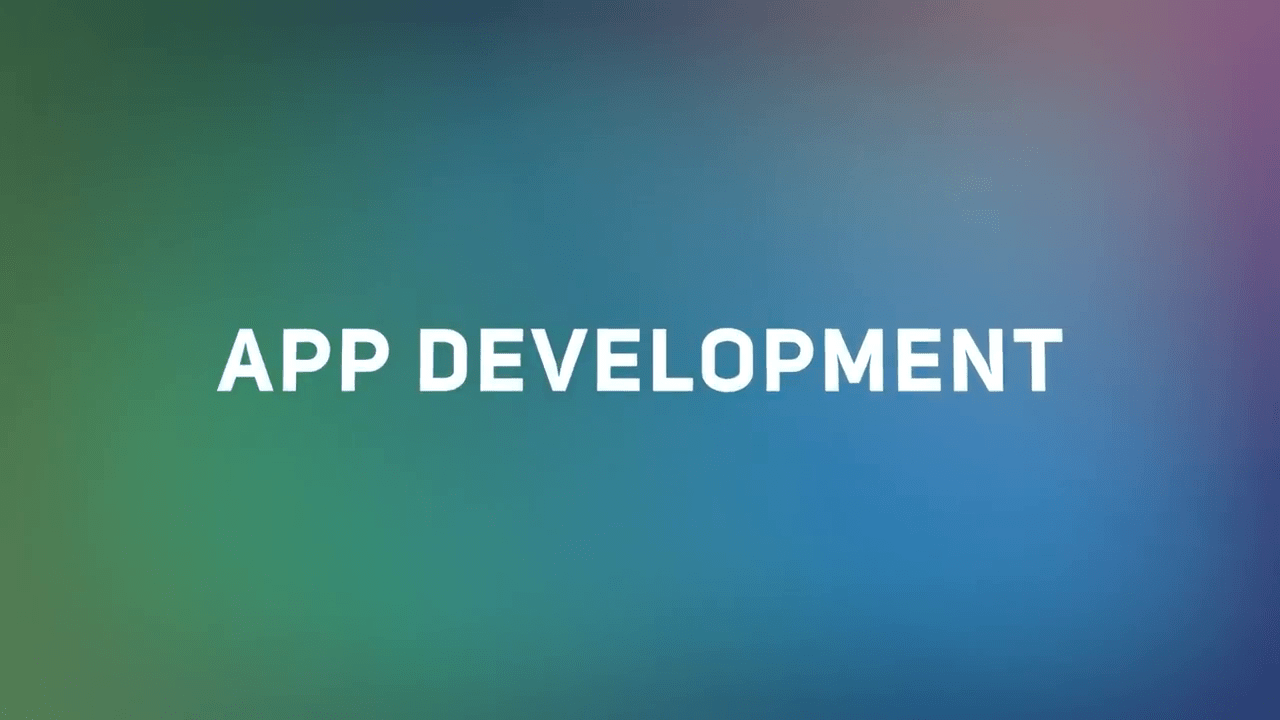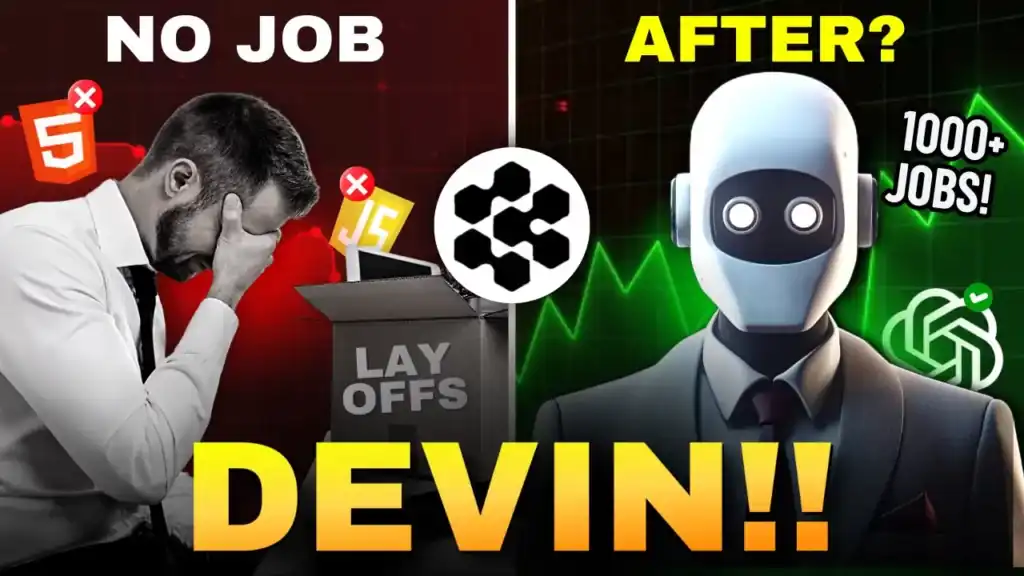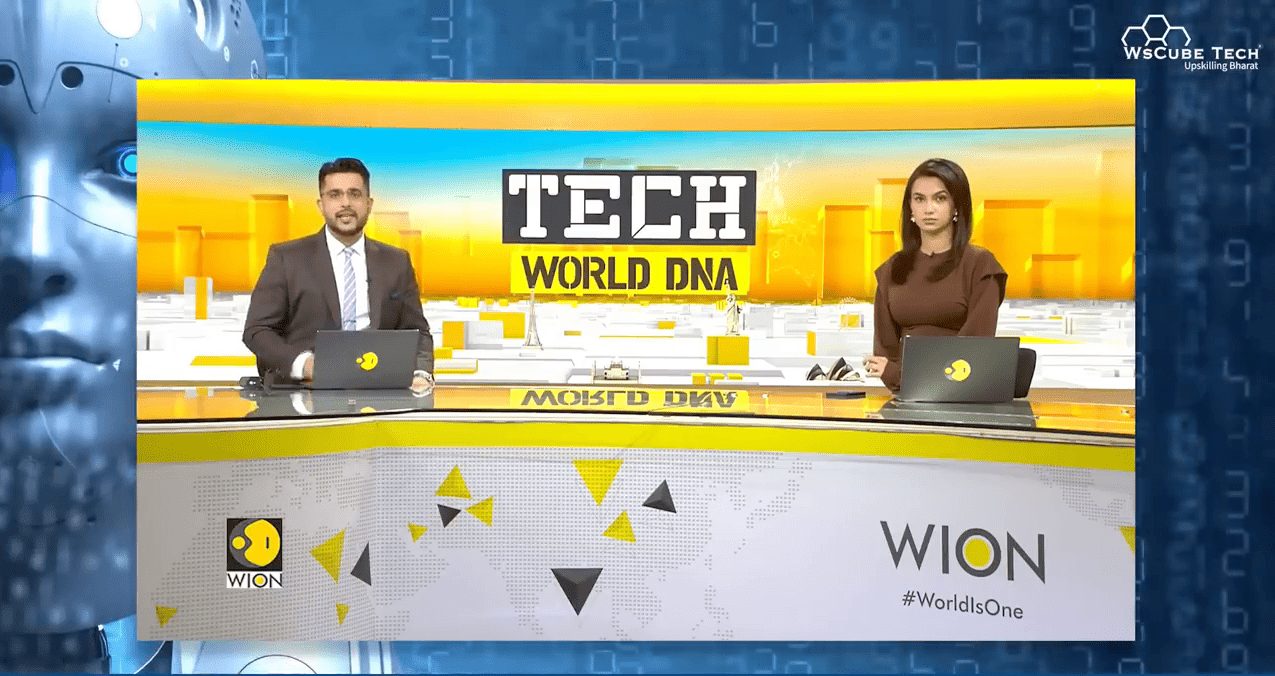Will AI Take Your Coding Job? Insights on Devin 🤖
Table of Contents about AI Take Your Coding Job
- 1. Introduction to Devin
- 2. Impact of Innovations
- 3. Concerns about AI and Job Security
- 4. Comparison with Past Technologies
- 5. Functionality of Devin
- 6. Skills Development
- 7. Encouragement for Adaptability
- 8. Conclusion and Call to Action
With changing technology, the issue of whether AI will take over human jobs has become more pertinent. In particular, programmers and other software developers have been keenly observing the emergence of AI tools such as Devin. The paper discusses how this affects coding jobs including its potential effect on job security and continuous skilling needs. This is a deeper look into the world of Devin and what it portends for coders.
1. Introduction to Devin: AI Take Your Coding Job 🛠️
The speaker points out the rising discussion concerning Devin, an AI tool which may affect job prospects in coding. This innovation has led to an important question; are conventional programming jobs facing a threat? It is not only about what Devin can do but also about developers’ ability to employ such tools in order to improve their productivity.

2. Impact of Innovations 💡
Innovations like automated machines and computers have historically replaced jobs, but new roles have emerged alongside them. The introduction of technologies has often reshaped the job market, prompting a move away from manual tasks to more technologically advanced processes. For instance, while coding jobs have existed for decades, the introduction of development environments and frameworks has created roles focused on software architecture and user experience, highlighting the shift towards more specialized positions.
3. Concerns about AI and Job Security 😟
The video addresses fears surrounding AI tools taking jobs and emphasizes the importance of adapting to new technologies. Many developers worry that tools like Devin could automate significant portions of their work, leading to unemployment. However, the presenter emphasizes that these concerns should not lead to paralysis but rather inspire proactive engagement with AI. By embracing these tools, developers can enhance their capabilities, thus rendering themselves more valuable in the job market.
4. Comparison with Past Technologies 📜
Historical parallels are drawn to past technological advances, highlighting that while jobs were lost, new opportunities arose for those who learned to utilize new tools. The arrival of personal computers, for example, displaced many administrative jobs but also created a demand for IT professionals and computer specialists. Similarly, while AI like Devin is transforming coding tasks, it is simultaneously increasing the need for roles in AI oversight, training, and integration.
5. Functionality of Devin ⚙️
A brief overview of Devin’s capabilities reveals how it interacts with users and browsers to assist with coding tasks. Devin provides suggestions, automates routine tasks, and even helps troubleshoot issues, thus allowing developers to focus on more complex problems. Its functionality enhances productivity rather than entirely replacing the need for human programmers. This synergy is key, as it showcases how developers can leverage AI to elevate their work rather than see it as a competition.
6. Skills Development 📚
The emphasis is placed on the necessity for individuals to continuously upskill and adapt to remain relevant in a changing technological landscape. As new technologies emerge, those who resist adapting may find themselves at a disadvantage. Upskilling isn’t just about learning to code; it involves gaining proficiency in AI interactions, understanding new programming languages, and mastering new frameworks that are likely to dominate the future. Webinars, online courses, and coding bootcamps represent valuable resources for developers seeking continual improvements in their expertise.
7. Encouragement for Adaptability ✨
The audience has been advised that new instruments, such as Devin, should be welcomed rather than resisted and that they should always upgrade skills to remain relevant in the job market. The essential theme of the argument presented is about adaptability, and only those who are change agents who seek to learn new things will be successful. This is very important since it is evident that the future of work will focus more on an employer’s ability to adopt and apply new technologies rather than surface skills. It is therefore appropriate for people to embrace AI technology as an enabler and not a disruptor in their career growth.

8. Conclusion: Will AI Take Your Coding Job? 🚀
In the end of the presentation the speaker inspires the audience with a call to action, which is to spread the video as well as allow oneself to be bold by not fearing new technologies. The title is probably one of the most important sub-sections in the document prepared for the software development project. There will be challenges in the future but opportunities will also be given to those who understand and are willing to be learned. These two areas will help you traverse your tech journey – amidst these evolving trends, always seek for information such as what Devin does, and invest in yourself through continuous learning.

